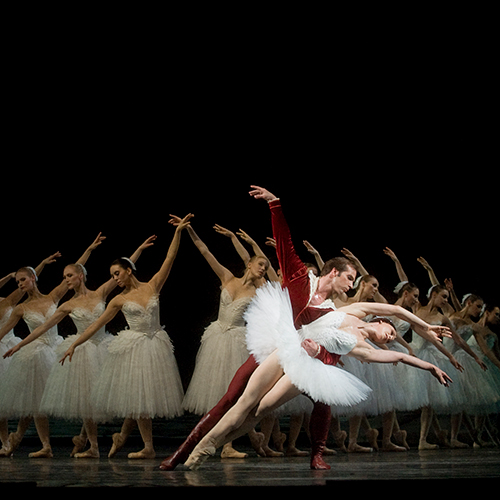
- This event has passed.
Smithsonian Associates: Ballet Music – The Soul of Movement, Lecture 2 – Tchaikovsky Changes Everything

Audiences love the spectacle and the sets, adore the costumes, and thrill to the brilliance and beauty of the choreography and the performers, and above all we are moved and exalted by the music. While dance is as old as we are, ballet is a much more recent evolution. By tracing ballet’s rapid journey from French courtly dance to an internationally beloved artform, we find its path travels directly through the magnificent scores of composers like Debussy, Stravinsky, Copland, and of course, Tchaikovsky.
In a 4-session series, speaker and concert pianist Rachel Franklin uses her unique live piano demonstrations and historic and contemporary film clips to illustrate how the music from such ballet masterpieces as Giselle, Swan Lake, Daphnis and Chloë, Le Sacre du Printemps, and Appalachian Spring became a treasured part of our cultural landscape.
British-born Franklin has been a featured speaker for organizations including the Library of Congress and NPR, exploring intersections among classical and jazz music, film scores, and the fine arts.
———————————————————————————————————————————————
Tchaikovsky declared, “I totally fail to understand how the expression ‘ballet music’ can be something disapproving!” He fought for his dance scores to be taken as seriously as his other works. His exquisite vision of fairytale beauty demanded an entirely new level of choreographic expression, and both dancers and choreographers struggled to match his dramatic sweep. By surveying the history of Swan Lake, The Nutcracker, and The Sleeping Beauty, Franklin offers insights into a new tradition of dance music that laid the groundwork for our richest ballet experiences today.
